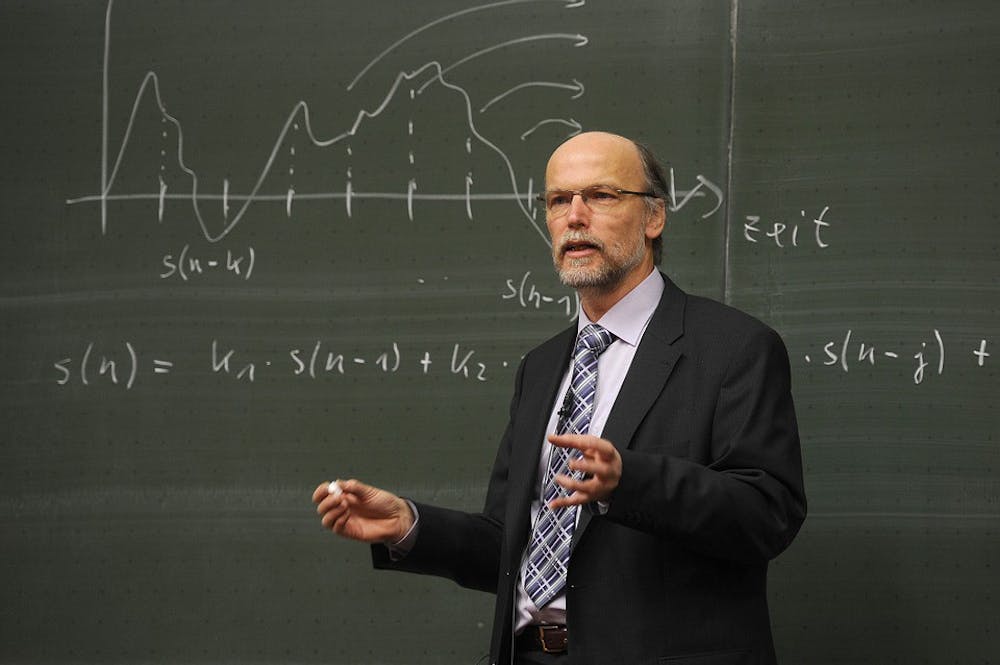
The book addresses the changing landscape of academia, suggesting changes in administration and policies of appointment. | Courtesy of Wikimedia Commons
Higher education is changing fast.
A recent book called the ‘The Faculty Factor: The American Academy in a Turbulent Era’, argues that today’s faculty have a diminished role because of drastic changes in academic appointments and administration in American colleges and universities.
In 2006, co-authors Jack H. Schuster and Martin J. Finkelstein wrote another book. That book argued that the American higher education system is radically changing, in part due to the increase in non-tenure-track appointments for faculty. Upon revisiting their earlier work, the authors decided that they wanted to do some more research on the subject using new data.
“We were right in 2006,” said Finkelstein, a professor of higher education at Seton Hall University.
“There are big changes afoot and we don’t really understand what the consequences are, even though there is a sense of foreboding that the consequences are major.”
Schuster, Finkelstein’s co-author, is a professor of education and public policy and a senior research fellow at Claremont Graduate University. The two decided to collaborate with Valerie Martin Conley, the dean of the College of Education at the University of Colorado, Colorado Springs in order to learn more about the current state of higher-ed.
“Right now there are something around a million and a half people who offer instruction on college or university campuses and of those exactly half of them are part time,” Finkelstein said. “Of the ones who are full time, we’re moving to a situation where, increasingly, the majority of the full timers are no longer sort of career laddered or tenured or tenure track, but rather people on contract appointments.”
The authors chronicle the creation of the current state of American faculty and talk about how various forces within the system — such as technological advancements, broader economic trends, and major increases in faculty specialization — have led to a radical increase in contingent appointments in higher education. Contingent appointments are non-tenure-track positions that may be temporary or part-time.
Finkelstein and Schuster note that some institutions are feeling the effects of these changes at a slower rate than others .
“There are about 200-300 institutions in the country, like Penn, among others, that we would call sort of ‘elite institutions,’ where things have changed, but they haven’t changed quite as extremely as they have other places,” Finkelstein said. “But this group of two or three hundred seems to be shrinking by the year.”
One of the most controversial arguments of the book is for the mandatory end of tenure, but not employment, at age 70. The authors believe that the requirement would help colleges and universities predict when tenured individuals will retire and employ an increasing number of young academics in tenure-track positions, rather than in contingent roles. Older professors would still be protected from age discrimination.
“We’re talking about a place with not only a different look, but a different feel,” Finkelstein said.
The Daily Pennsylvanian is an independent, student-run newspaper. Please consider making a donation to support the coverage that shapes the University. Your generosity ensures a future of strong journalism at Penn.
Donate




